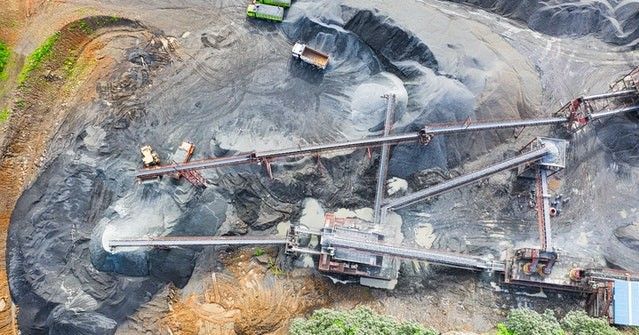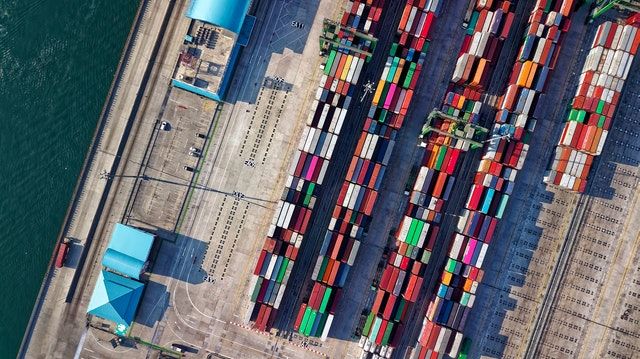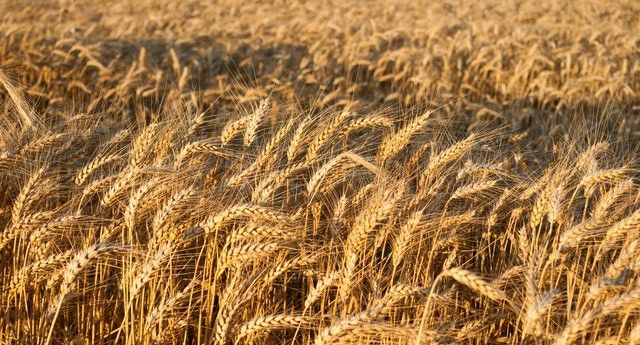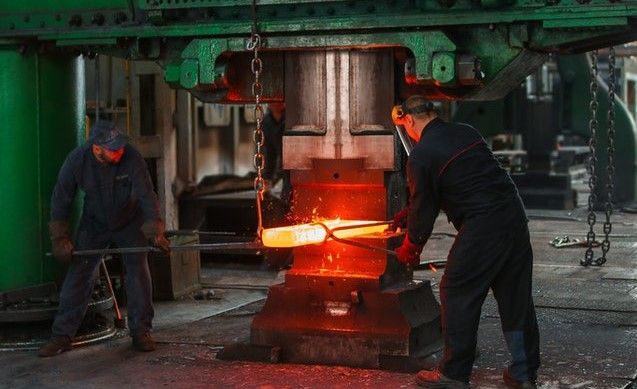With the human cost of the war in Ukraine increasing daily, even those far away from the dogs of war are feeling the bite from Russia’s invasion.
The latest news to rock the supply chain and cause pain to the manufacturing sector came on March 8th, when Bloomberg News reported that, “Russia [has] issued an order saying it would restrict trade in some goods and raw materials in response to sanctions, and said details would follow as to which products would be affected.”
These restrictions could include a wide range of raw materials and products upon which the entire world is dependent. For example, 86% of wheat imports to Egypt are from Russia and Ukraine, more than 90% of Finland’s nickel imports are Russian, while Brazil imported $2.9 billion worth of fertilizer from Russia in 2019.

Metal markets are particularly vulnerable to the cost of war, with the business journal Live Mint noting that, “Being the fifth largest coal producer globally, Russia accounted for 10% and 17% of international trade in metallurgical and thermal coals respectively in 2020.” Adding that, “Russia is the third largest global producer of nickel, a key raw material used in stainless steel production and, along with Ukraine, Russia is also a leading global exporter of iron ore pellets. Supply disruptions of these key steelmaking raw materials, would lead to heightened input cost pressures.”
These restrictions are having an enormous knock on effect, with Reuters reporting (also on March 8th) how the Italian government was considering limiting the export of selected raw materials including iron, copper, clay, nickel and agricultural products.
The move was proposed so as to protect domestic manufacturers from raw material shortages. The industry ministry explaining that it was “verifying the possibility of introducing restrictions such as duties and authorisations for the export of some raw materials.”

While Russia exports little in the way of manufactured goods, it is access to the raw materials it exports that is causing the issues. In the UK, for example, the manufacturing trade body Make UK reports that about 3,800 British firms exported goods to Russia while only 1,200 brought in materials. However, manufacturing dependency on those imports shows a more worrying picture, with imports from Russia accounting for 2.1% of the UK’s total imports. Exports from the UK to Russia make up only 0.8% of total UK goods exports.
One of the most vulnerable sectors to be hit may be the supply of raw materials for fertilizer and animal feed, where prices have risen at an alarming rate for the farming community. The UK’s Guardian newspaper reporting that, “Fertiliser prices are surging towards £1,000 a tonne, up from about £650 last week, linked to a surge in the price of gas – key to the production process – and panic-buying by farmers fearing the price will rise further in the coming weeks.” Adding that, “The National Farmers’ Union said prices for nitrogen fertiliser were already up 200% year on year.”
The likely response from farmers will be to limit their use of fertilizers, however this would reduce crop yields when global food markets are already bracing themselves for a reduction in supply directly caused by the war. Ukraine produces 12% of the world’s wheat – much of it exported to Europe.

Much of the price volatility is due to the uncertainty that the war has brought.
“Things are changing by the hour,” says Svein Tore Holsether, CEO at Yara, one of the world’s largest fertilizer producers. “We were already in a difficult situation before the war … and now it’s additional disruption to the supply chains.”
“There are huge concerns. All everybody is talking about is availability,” agrees Julia Meehan, head of fertilisers for the commodity price agency ICIS. “The only plus is that crop prices are now so high, farmers will be able to sell at a high price and technically they will have the money to pay for fertilisers.”
With the current political mood in the West set to strengthen its economic grip on the Kremlin, the business world is questioning any of its involvement in the Russian economy, with Pepsi, Netflix, Spotify, McDonald’s, Coca Cola, and KFC all restricting or stopping their economic activity in Russia.
Meanwhile, Russian participation in sporting and cultural events, ownership of football clubs, container ships, private yachts, and bank account contents are being questioned. For the supply of raw material, this scrutiny includes the €455m deal by EuroChem (controlled by the Russian billionaire Andrei Melnichenko) to buy Borealis (the Austrian nitrogen fertiliser business). Agreed only last month the deal is now awaiting regulatory approval with a major question mark.

The consequence of all these events is that consumers everywhere are facing growing costs for even basic, essential items.
“These are massive movements in the price of commodities - the raw materials that eventually feed, warm and transport us,” says Faisal Islam, an economics analyst. “[Businesses] don't need to be physically reliant on actual Russian supplies for it to feed through into the prices our suppliers pay and then pass on [to consumers].
It is the flip-side of globalisation and the throw away world of commercialisation. Fragile supply chains and ‘just in time’ delivery services that mean that as long as the war in Ukraine continues, raw material prices will continue to go up.
Photo credit: Energepic from pixels, Karol Czinege, Tom Fisk, Kateryna Babaieva, & Tom Fisk